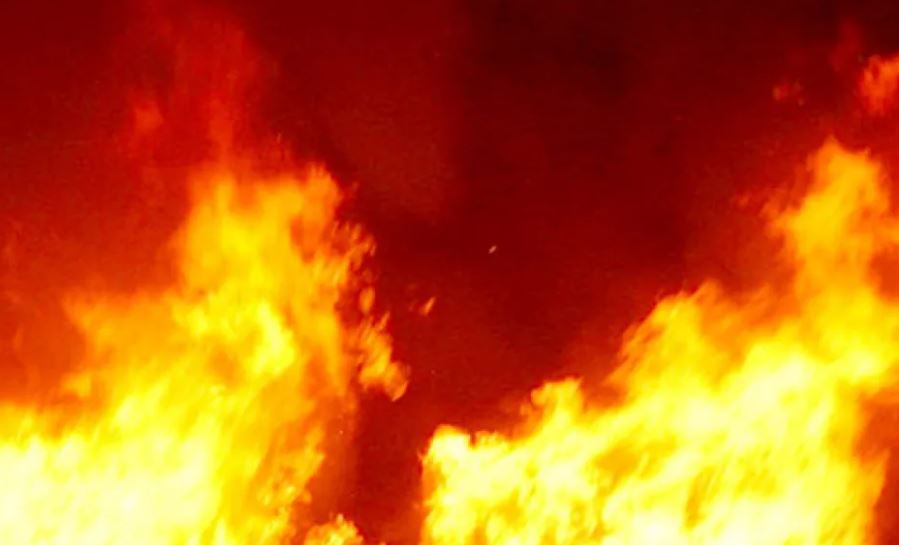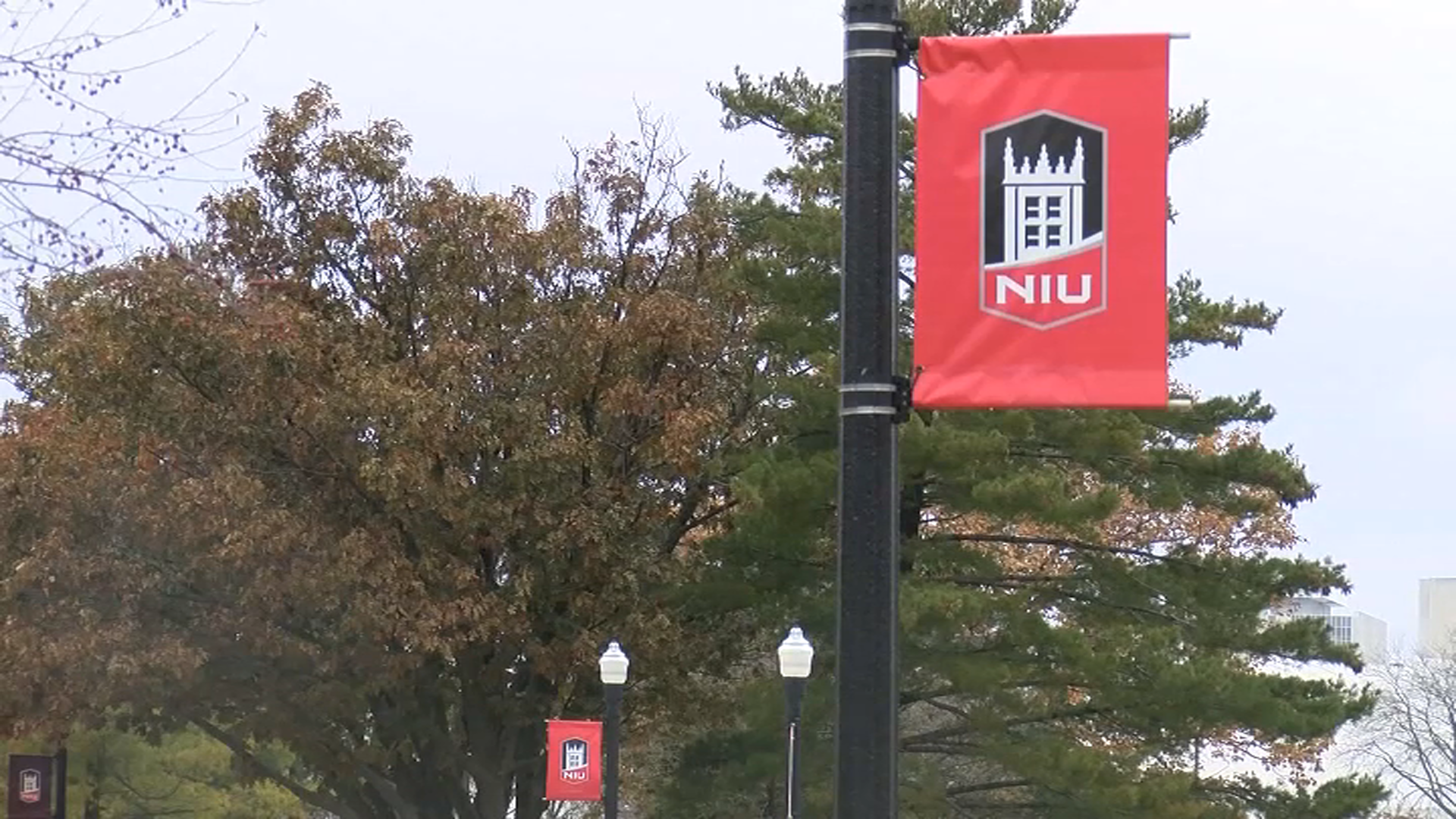Do you know where to cast your ballot on Election Day? If you live in Chicago, chances are your polling place might not be the same as previous elections.
Thousands of Chicago voters are being urged to check where their polling places are after significant changes were made to the city’s precinct maps.
"What will be different in Chicago for the Nov. 8 primary is that the Chicago Board of Elections just got done redoing the redistricting process, so voters will be finding themselves within new ward lines," said Chicago Board of Elections spokesman Max Bever in an interview with NBC Chicago.
In addition to the new ward lines, Bever said many voters will also find themselves in an entirely new precinct.
Under a new precinct map released earlier this year, the Chicago Board of Elections announced that it would reduce its number of precincts to 1,290 across the city’s 50 wards. That represents a reduction of nearly 38% from the 2,069 precincts that existed in the old map, according to officials.
The new map puts an average number of precincts to 26 per ward, and boosts the average number of voters per precinct to 1,165, up from an average of 550-to-750 under the old system.
As a result, thousands of voters will potentially have been moved into different precincts or even different wards, and their polling places may have changed due to the redrawn maps.
Local
Voters can visit the CBOE website for the latest information.
Officials say that the reduction in precincts will not equal a similar drop in the number of polling places. During the 2022 primary, there were 1,043 polling places in the city, with many covering two or even three different precincts.
Feeling out of the loop? We'll catch you up on the Chicago news you need to know. Sign up for the weekly Chicago Catch-Up newsletter.
The reduction in precincts will allow officials to reduce the number of election judges needed at each site.
"That changes the amount of election judges needed within Chicago," Bever said. "And that's an important number because this last election we needed nearly 11,000 election judges to fully staff Election Day."
Bever said the primary saw "a dearth of election judges leading up to Election Day," which led to some issues across the city.
"Unfortunately, when you've got a low pool of election judges that can lead to delayed opening of polling places," he said, adding that shortages can also lead to "not having enough election judges to assist voters."
Officials also cited a reduction in in-person, day-of-election voting in the primary, with more than 50% of voters either casting ballots via the mail or through early voting throughout the city.



